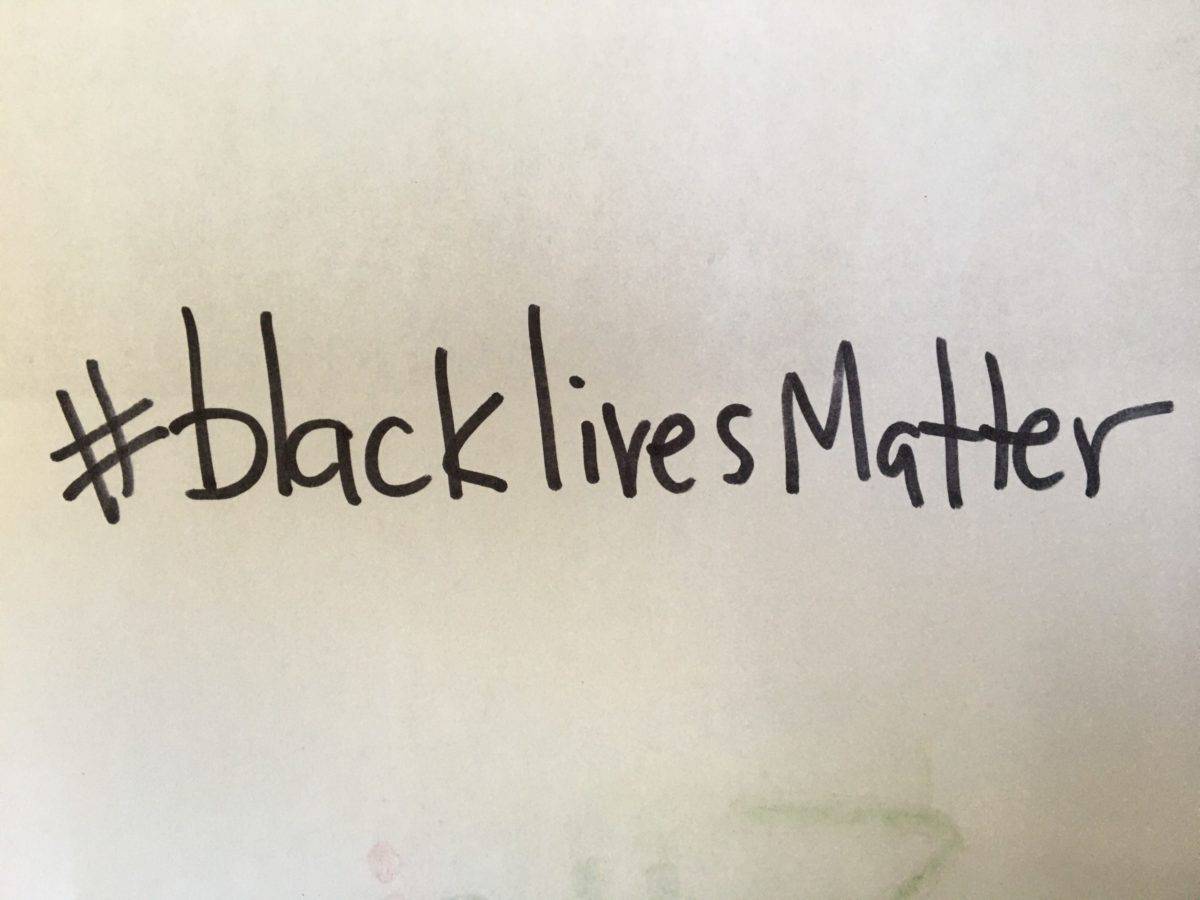Supporting Racial Justice and Equity in the Food & Beverage Industry

In this moment of national awakening to ongoing racism in America, it’s a good time to reflect on how we can make our selves, our businesses and our industries less racist and more antiracist. For White people (like us), this is especially important because it’s often hard to see racism in action when we are not the recipients but the beneficiaries.
How can we do this in the cider and food and beverage industry?
A good place to start is with Olivia Maki’s excellent piece “Who’s Heritage” available online at Malus Zine. While your at it, subscribe to Malus for thoughtful, long form, print articles on substantial cider related issues including Melissa Madden’s series on reparations.
The cider industry, like the wine industry, is dominated by White owners. Some of that is related to who owns land in America. For a good background read on why this is check out Megan Horst’s Civil Eats article and to learn more about what we can do to change it, read Farming While Black by Leah Penniman.
Just because the industry is White dominated, doesn’t mean there are not People of Color making, hosting, writing, critiquing, creating and owning in the F & B industry and it’s high time we put them in the spotlight. Connect with their work on platforms like @blackwine professionals and others. Buy wine from Black owned wineries and support Black owned restaurants near you. Read Black wine writers, like Dorothy Gaiter and Black food writers like Nicole Taylor and Black owned food magazines like Whetstone Magazine. Read books on race and food, cookbooks by Black authors and join conferences that feature Black food professionals.
Dig a little deeper and listen to Disgorgeous Podcast’s Representation Matters episode, read Miguel de Leon’s Medium piece on Actionable Items for the Wine Community and Shakera Jones’ Seven Fifty Daily article on What Being an Ally Really Means.
Wanting do do more and not sure where to start? Check out Soul Fire Farm’s Take Action page and when you are done drop them a donation– the amount of work this small upstate New York farm has done for racial justice and equity in farming is truly amazing.
————————————————————————-
Early this month, in a comment on our social media post in support of BLM on our business page, a follower of Eve’s Cidery suggested that he likes his cider “just made 100% with apples, no politics please”.
While our ciders are only made with apples (and pears), they have never been “just cider”. As a small family business, everything we do and make here on the farm is an expression of our values. Values are a central theme in our lives and they inform much of what we do, from the way we farm to the way we make and market our cider to how we raise our kids and interact with our community. You don’t need to know all that to enjoy our ciders, but hopefully it will make you enjoy them more, knowing we have poured our hearts into them.
One of our greatest passions is continuing to learn how to farm in harmony with nature. We believe in working on complex, reciprocal relationships rather than destructive, dominating ones. We have dedicated our lives to this goal and the goal of racial justice and equity in America is inextricable from it. Black Lives Matter should not be a political statement, it should be a moral imperative. But if existing with black skin is political, than we must be political.
Let me also say, that while we hold these values dear, we also acknowledge that as White people we continue to benefit from systems of privilege that help us and cause harm to BIPOC. That our work is not done and won’t be done until we dismantle these systems, make reparations and reconciliation and achieve real racial justice in this country. There is a lot of work to do, and we must be in it for the long haul.
This is especially true with farming, and even while America is wrestling with these ideas, our industry needs to be moving them forward. In New York State there are 33,438 farms and 33,281 of them are White owned. Just think about that: 157 farms in New York State are owned by Black, Indigenous or People of Color. That is less than one half of one percent. One simple, direct way to begin addressing this issue is to support the work of the North East Farmers of Color Land Trust. We make a monthly donation and you can too.
Thoughts? Ideas? Criticisms? Drop us an e-mail and let’s have a conversation.
-Autumn Stoscheck 6/18/2020
